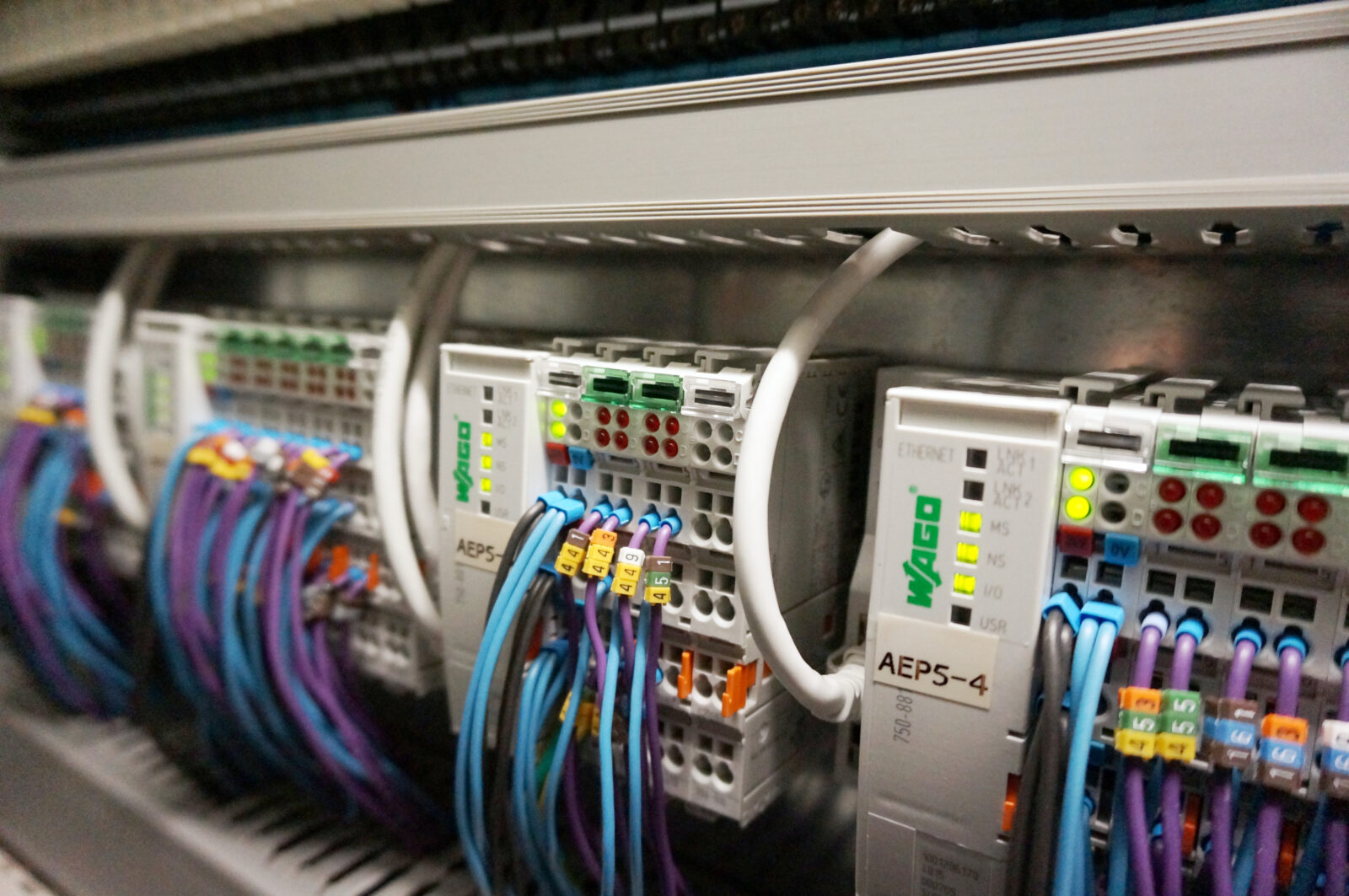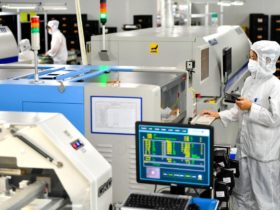Programmable Logic Controllers (PLCs) are an integral part of modern industrial automation systems. These versatile controllers serve as the brain of automation processes, ensuring precision, adaptability, and reliability. Here’s a comprehensive look at why Industrial Automation Parts PLC controllers are crucial for optimizing industrial systems.
1. Centralized Control and Coordination
PLCs manage and coordinate various components of an automated system, including sensors, actuators, and motors.
- Real-Time Decision Making: PLCs process input from sensors and execute commands to control devices instantly.
- Integration with Other Systems: They can seamlessly connect to HMIs, SCADA systems, and communication networks for centralized control.
This capability ensures smooth operation across all parts of the automation system.
2. Flexibility and Adaptability
One of the standout features of PLC controllers is their ability to adapt to different processes and requirements.
- Customizable Programming: Engineers can create specific logic tailored to the unique needs of a facility.
- Modular Design: PLCs often have modular components, allowing businesses to scale systems as their needs grow.
This flexibility makes PLCs suitable for a wide range of applications, from assembly lines to energy management.
3. Improved Efficiency and Productivity
PLCs help streamline operations, reduce errors, and improve overall efficiency in industrial systems.
- Precise Timing: Controllers execute tasks with exact timing, ensuring consistency in production.
- Error Detection: Built-in diagnostics alert operators to issues, allowing for quick resolutions and minimal downtime.
By optimizing processes, PLCs boost productivity and lower operational costs.
4. Enhanced Reliability and Durability
Industrial environments can be harsh, with extreme temperatures, vibrations, and electrical noise. PLC controllers are designed to withstand these challenges:
- Robust Construction: PLCs are built to operate reliably in tough conditions.
- Minimal Maintenance Needs: With fewer moving parts than traditional control systems, PLCs require less upkeep.
This durability ensures consistent performance over long periods.
5. Real-Time Monitoring and Control
PLCs provide real-time data and insights into system performance.
- Live Feedback: Operators can monitor system status and make adjustments as needed.
- Integration with Analytics Tools: Data collected by PLCs can be used for performance analysis and process improvement.
This capability helps industries optimize their operations and predict maintenance needs.
6. Safety and Compliance
PLCs play a critical role in maintaining workplace safety by integrating safety features into automated systems.
- Emergency Shutdowns: PLCs can halt operations instantly in case of a fault.
- Regulatory Compliance: Using PLC controllers helps meet industry safety standards and regulations.
These features protect workers, equipment, and the environment.
7. Applications Across Industries
The versatility of PLCs makes them indispensable across various sectors:
- Manufacturing: Coordinate assembly lines and robotic systems.
- Energy: Monitor and control power distribution systems.
- Food and Beverage: Ensure precise mixing, packaging, and temperature control.
- Automotive: Manage conveyor belts and quality control systems.
Their wide range of applications underscores the importance of PLCs in industrial automation.
8. Scalability for Future Growth
As industries evolve, automation systems must adapt. PLCs offer the scalability needed to accommodate future advancements:
- Expandable Modules: Add new functionality or devices without overhauling the system.
- Support for Emerging Technologies: Modern PLCs integrate easily with IoT devices and cloud-based systems.
This adaptability makes PLCs a future-proof investment.
Conclusion
PLCs are the backbone of industrial automation, providing centralized control, flexibility, and real-time monitoring. Their ability to improve efficiency, ensure safety, and adapt to changing needs makes them indispensable in modern industries. For high-quality and reliable options, explore Industrial Automation Parts PLC controllers to optimize your automation systems effectively.









